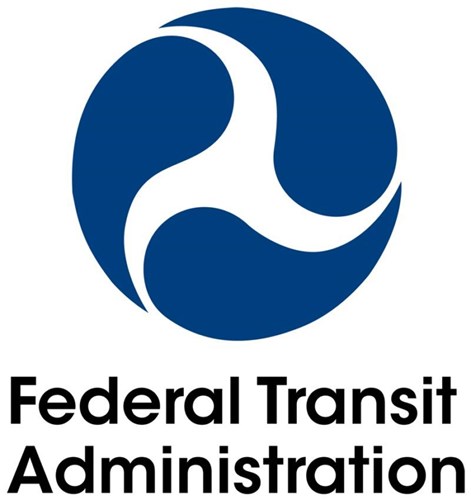
The U.S. Department of Transportation's Federal Transit Administration (FTA) today announced the availability of up to $180 million in competitive grant funds through a Notice of Funding Opportunity (NOFO) for FTA's Low or No Emission (Low-No) Grant Program.
The Low-No Program helps eligible project sponsors purchase or lease low- or no-emission vehicles and supports facilities that use advanced technologies to provide cleaner, more energy efficient transit operations in communities across the country. This year's NOFO will prioritize applications with an environmental justice component as well as those that will support workforce development activities to help America’s transit workers succeed.
"The Biden Administration is committed to investing in clean transportation, and the Low or No Emission Program will put more American-made, energy-efficient buses into service across the country," said U.S. Transportation Secretary Pete Buttigieg. "This is an important step forward in ensuring that communities have access to high-quality, zero-emission transportation options."
In support of the President's January 20, 2021, Executive Order on Protecting Public Health and the Environment and Restoring Science to Tackle the Climate Crisis, FTA is placing a priority on projects that will help improve air quality in non-attainment and maintenance areas for certain criteria pollutants under the National Ambient Air Quality Standards. This consideration will further the goals of the Executive Order, including the goal to prioritize environmental justice.
"Through the Low-No grant program, transit operators nationwide have the ability to replace aging buses near the end of their lifecycle with newer, cleaner models that are more efficient to operate and maintain," said FTA Acting Administrator Nuria I. Fernandez.
To support American industry, FTA requires that all capital procurements meet FTA's Buy America requirements (49 U.S.C. 5323(j)), which require that all iron, steel, and manufactured products be produced in the United States and that the cost of components and subcomponents of rolling stock produced in the United States must be more than 70 percent of the cost of all components.
 To further support America’s recovery from COVID-19, all providers of public transportation that are awarded funding through the Low-No Program must have fair and equitable labor protections in place as required by Federal public transportation law (49 U.S.C. 5333(b)), which help preserve the rights and benefits of transit employees.
To further support America’s recovery from COVID-19, all providers of public transportation that are awarded funding through the Low-No Program must have fair and equitable labor protections in place as required by Federal public transportation law (49 U.S.C. 5333(b)), which help preserve the rights and benefits of transit employees.
As part of FTA's commitment to helping transit professionals keep up-to-date on technological advancements, Low-No recipients are permitted and encouraged to use up to 0.5 percent of their requested grant award for workforce development activities eligible under Federal public transportation law (49 U.S.C. 5314(b)) and an additional 0.5 percent for costs associated with training at the National Transit Institute.
Eligible applicants for Low-No funding include public transit agencies, state transportation departments and Indian Tribes. Projects will be evaluated by criteria defined in Federal law and in the (NOFO), including the applicant’s demonstration of need, the project's benefits, project implementation strategy, and capacity for implementing the project.
Complete proposals must be submitted electronically (funding opportunity FTA-2021-001-LowNo) through the GRANTS.GOV "APPLY" function by April 12, 2021.
About FTA
 The Federal Transit Administration (FTA) provides financial and technical assistance to local public transit systems, including buses, subways, light rail, commuter rail, trolleys and ferries. FTA also oversees safety measures and helps develop next-generation technology research. Transit services supported by FTA span many groups and provide wide-ranging benefits. Since 1964, FTA has partnered with state and local governments to create and enhance public transportation systems, investing more than $12 billion annually to support and expand public rail, bus, trolley, ferry and other transit services.
The Federal Transit Administration (FTA) provides financial and technical assistance to local public transit systems, including buses, subways, light rail, commuter rail, trolleys and ferries. FTA also oversees safety measures and helps develop next-generation technology research. Transit services supported by FTA span many groups and provide wide-ranging benefits. Since 1964, FTA has partnered with state and local governments to create and enhance public transportation systems, investing more than $12 billion annually to support and expand public rail, bus, trolley, ferry and other transit services.




Comments
There are no comments yet for this item
Join the discussion